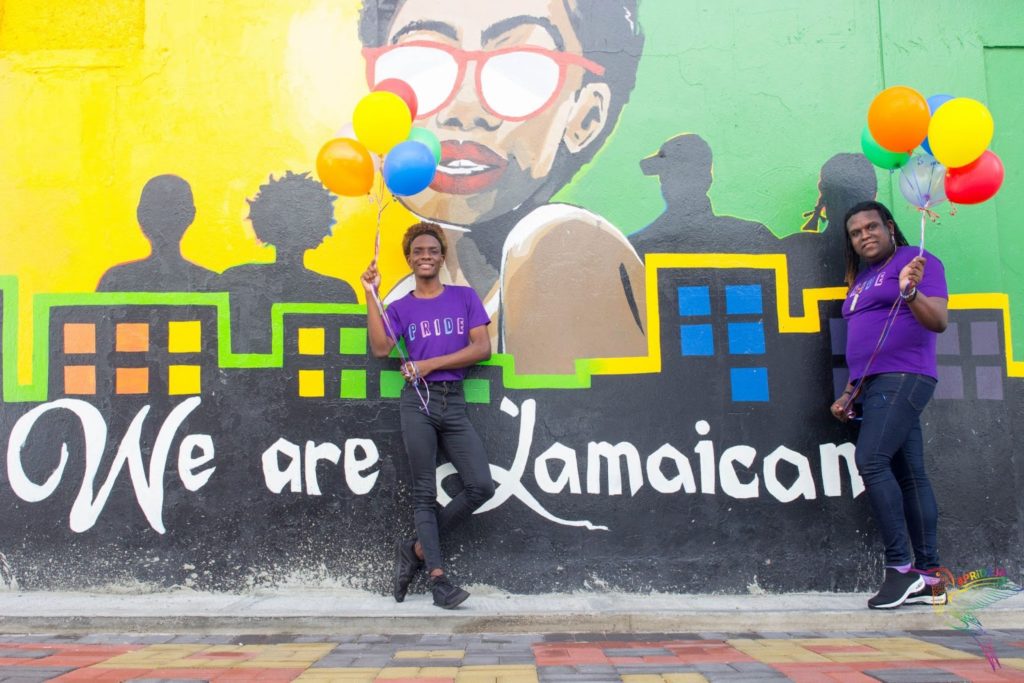On Tuesday, activists demanded that Jamaica repeal a colonial-era law criminalizing gay sex. This call comes two years after a regional rights panel recommended the repeal. Meanwhile, a growing number of islands in the conservative Caribbean region are striking down similar laws that often seek life sentences and hard labor. Jamaica, however, is considered the Caribbean nation most hostile toward the LGBTQ community and has resisted a repeal.
Rainbow Railroad, a Canadian group that helps members of the LGBTQ community escape violence, and Human Dignity Trust, a U.K. nonprofit legal organization, released a report on Tuesday that found the LGBTQ community in Jamaica faces “horrific violence, discrimination, and persecution and lacks the most basic protections under the law.” Devon Matthews with Rainbow Railroad said, “Jamaica is really an outlier. The situation has gotten significantly worse in the last number of years.”
Since 2019, Rainbow Railroad has seen an increase in calls for help from gay people in Jamaica, with 411 violent incidents reported last year, compared with 377 the previous year, according to Matthews. In February 2021, the Inter-American Commission on Human Rights found that Jamaica’s government was violating a right to privacy, equal protection, humane treatment, and freedom of movement involving two members of the island’s LGBTQ community who were forced to flee Jamaica.
Jamaica’s government has argued that it doesn’t enforce its 1864 anti-sodomy laws, but activists say having them remain on the books encourages homophobia and violent acts against the gay community in the religious country of some 2.8 million people. Matthews said the laws sometimes are enforced by communities and families even if they’re not enforced at a state level. Activists also note that gay Jamaicans struggle to access jobs, medical care, education, and housing.
Similar discrimination was reported in other Caribbean islands that have since repealed same-sex laws, with Barbados doing so in December, following in the steps of Antigua & Barbuda and St. Kitts and Nevis. But such laws remain on the books in six other countries in the Americas: Jamaica, Guyana, Grenada, Dominica, St. Vincent, and the Grenadines. “A lot of beautiful people lost in this violence could have been protected if the state had stepped up,” Matthews said.

